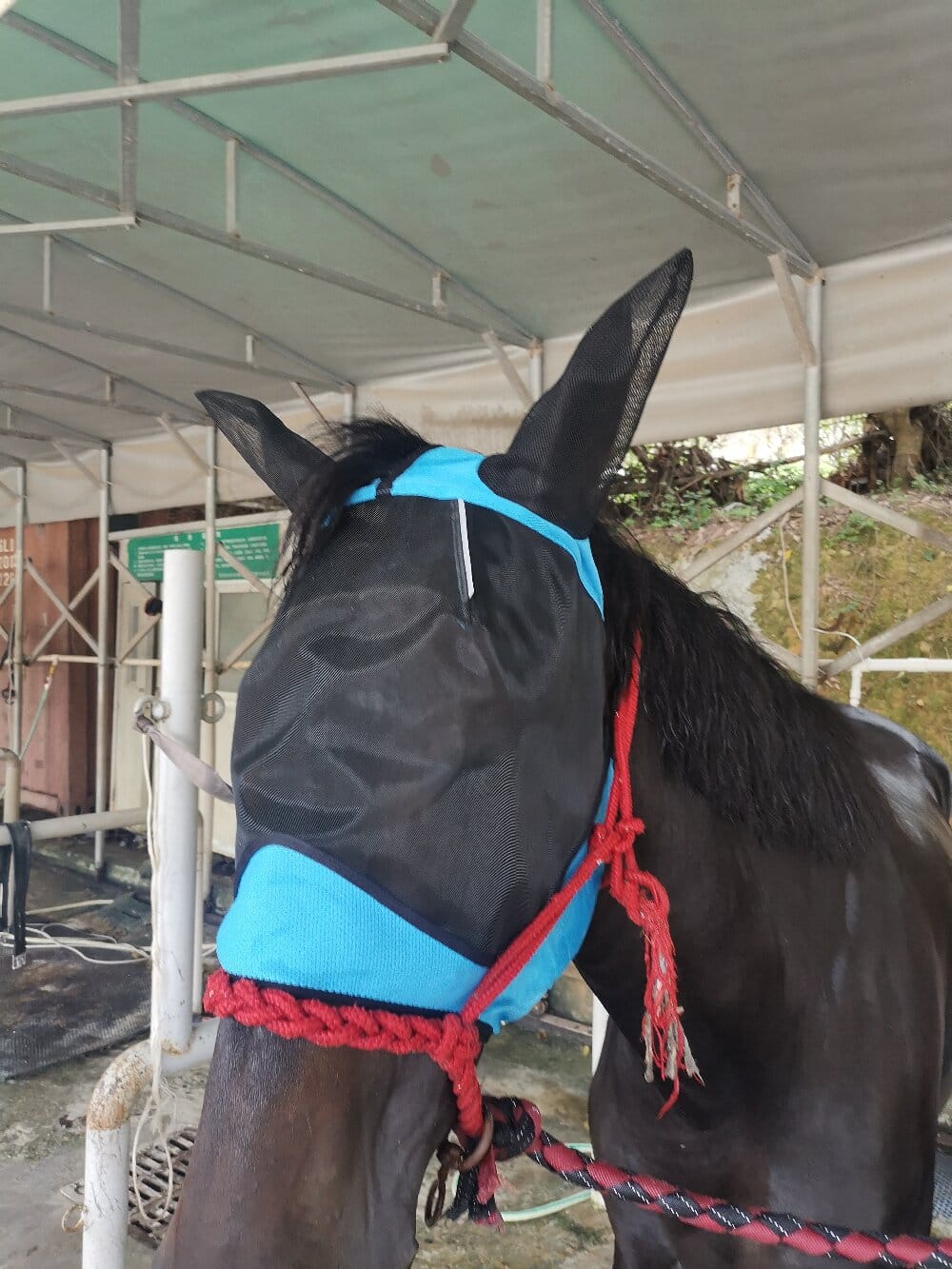A horse fly mask is an essential piece of protective gear designed to shield horses from the irritation and potential harm caused by flies, mosquitoes, and other pests. These masks are particularly useful during warmer months when insects are most active. Beyond mere comfort, a well-fitted fly mask can prevent eye infections, reduce stress, and minimize distractions during training or grazing. Given the variety of options available, selecting the right one requires careful consideration of materials, fit, and additional features.
Key Features of an Effective Horse Fly Mask
When evaluating a horse fly mask, several factors determine its effectiveness. The following features are critical for optimal protection and comfort:
- Material: Most masks are made from lightweight, breathable mesh to ensure airflow while blocking insects.
- UV Protection: Some masks include UV-resistant fabric to safeguard the horse’s eyes and face from sun damage.
- Adjustability: Straps with Velcro or elastic ensure a secure fit without causing discomfort.
- Coverage: Extended designs may protect the ears and muzzle, depending on the horse’s needs.
- Durability: High-quality stitching and tear-resistant materials extend the mask’s lifespan.
Benefits of Using a Horse Fly Mask
Investing in a fly mask for horses offers numerous advantages beyond pest control. Here’s why many equestrians consider them indispensable:
- Health Protection: Flies can transmit diseases like conjunctivitis or cause painful bites. A mask acts as a barrier.
- Reduced Stress: Constant swatting and irritation can make horses anxious. A mask promotes calmness.
- Improved Performance: Horses free from distractions focus better during training or competitions.
- Versatility: Some masks are suitable for turnout, riding, or even overnight use.
Choosing the Right Horse Fly Mask
Selecting the best horse fly mask depends on the animal’s specific needs and environment. Consider the following:
- Climate: Hotter regions may require ultra-breathable fabrics, while areas with intense sunlight benefit from UV protection.
- Activity Level: Active horses may need a snugger fit to prevent slippage during movement.
- Special Needs: Horses with sensitive skin or allergies might require hypoallergenic materials.
- Maintenance: Machine-washable masks are easier to clean and maintain.
Common Misconceptions About Fly Masks
Despite their benefits, some misconceptions surround the use of fly masks for horses. Addressing these myths ensures informed decisions:
- “Masks impair vision.” High-quality masks use fine mesh that doesn’t obstruct the horse’s sight.
- “They’re only for summer.” In regions with year-round pests, masks can be useful in any season.
- “All masks are the same.” Designs vary widely, and a poorly fitted mask can cause discomfort or fail to protect.
Conclusion
A horse fly mask is more than a simple accessory—it’s a vital tool for maintaining equine health and comfort. By understanding its features, benefits, and selection criteria, horse owners can make informed choices that enhance their animal’s well-being. Whether for daily turnout or competitive use, the right mask ensures protection against pests while supporting the horse’s overall performance and happiness.

